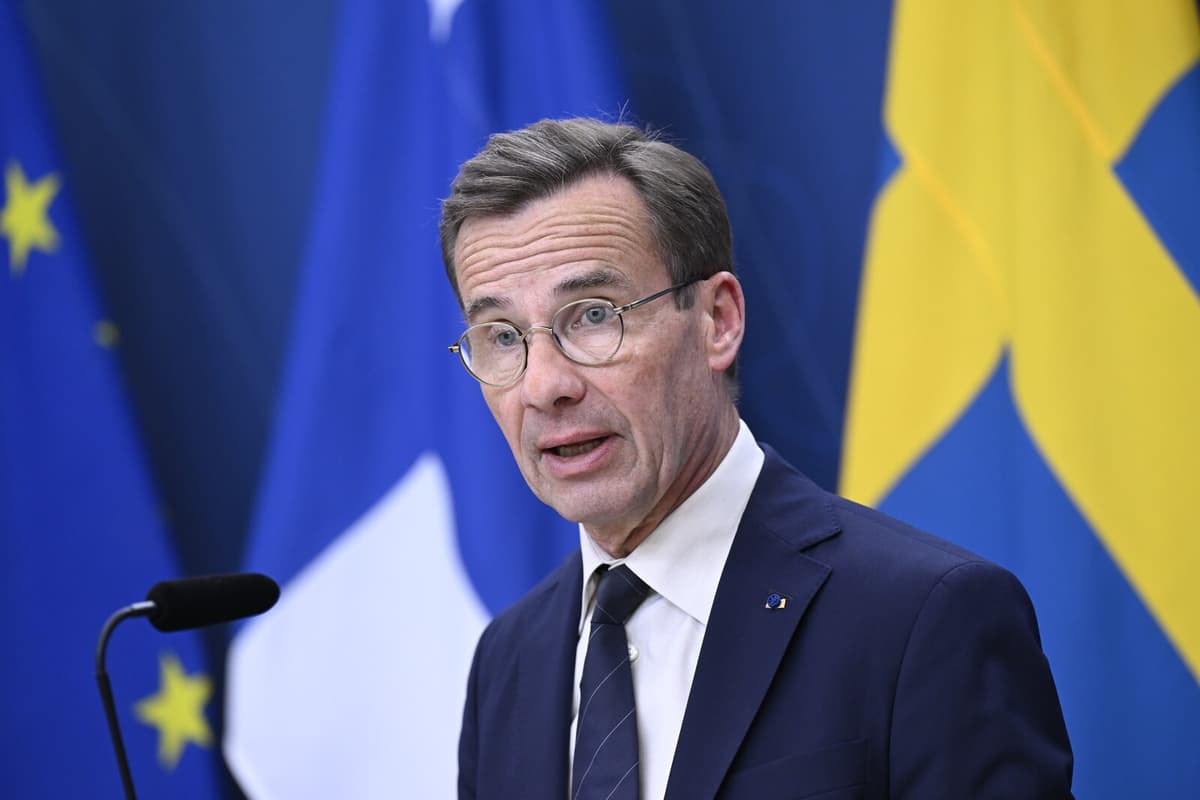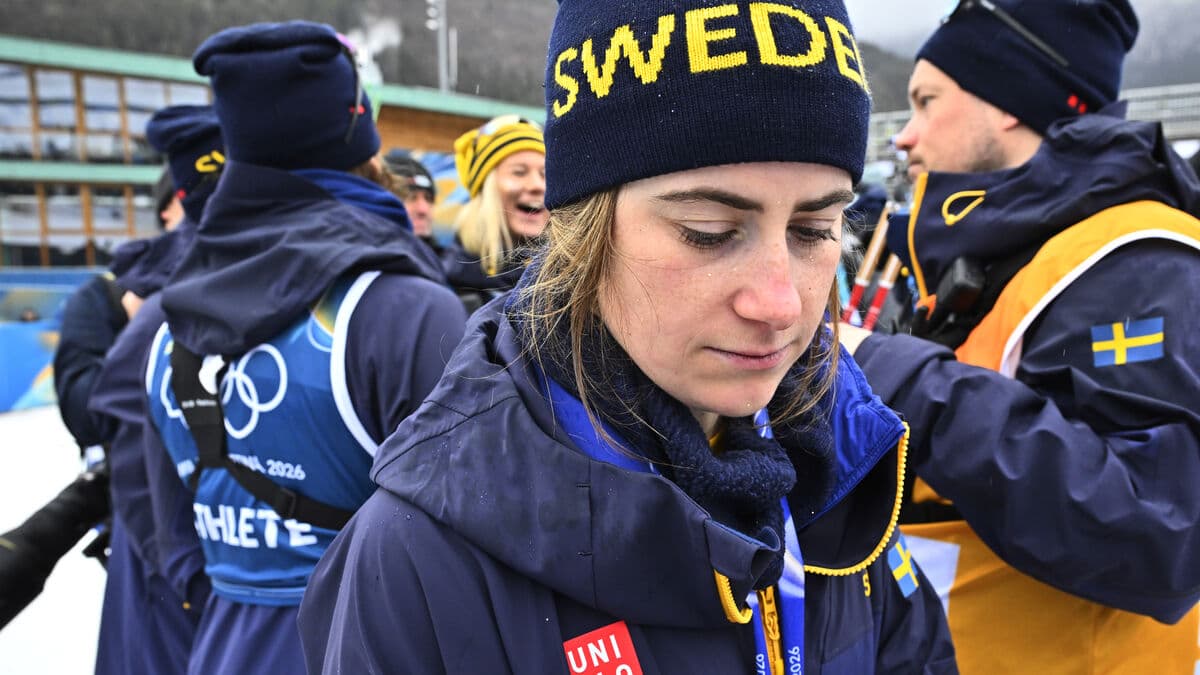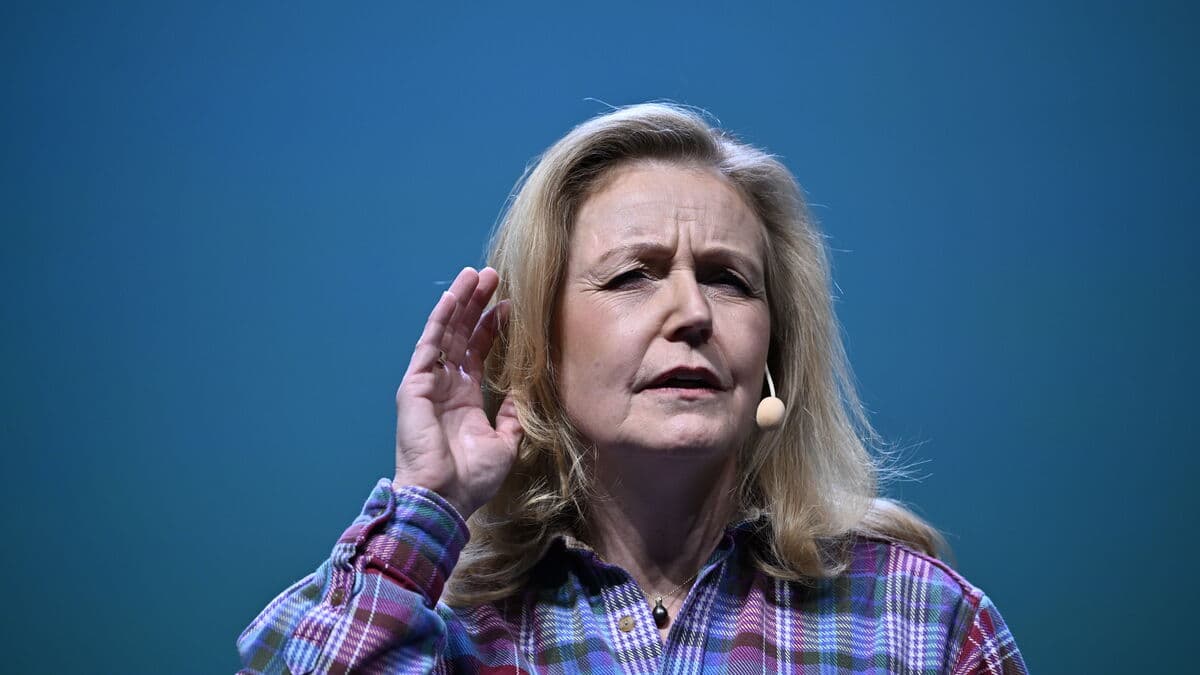Before the summit at the end of the week, the President of the European Commission, Ursula von der Leyen, has sent a letter to the EU leaders. She promises legislative proposals that will increase the pressure on migrants to return if they are not allowed to stay in the EU. And once again, the possibility of building special centers for asylum seekers outside the EU's borders will be investigated.
The letter is a response to demands for tougher asylum policies from many member states, including Sweden.
This week, Poland announced that it wants to temporarily abolish the right of asylum and Prime Minister Donald Tusk is expected to raise the issue with the other EU leaders.
"Terrible method"
Poland accuses Russia and Belarus of sending migrants across the border in a hybrid attack to try to destabilize the EU, something that Finland has also been subjected to at its border with Russia.
I understand the measures being taken in Poland, ultimately national security must come first. We would have acted similarly, says Ulf Kristersson when consulting with the Riksdag's EU Committee ahead of the summit.
He opens up to the possibility of adjusting the right of asylum.
The right of asylum is not adapted to countries like Russia "instrumentalizing" migrants and deliberately moving them across borders into neighboring countries. It's quite obvious. One must dare to see asylum issues in a geopolitical light that is different today than it was after World War II.
The situation in the Middle East is another item on the agenda, and Ulf Kristersson will try to get the other 26 EU countries to agree to put Iran's Islamic Revolutionary Guard on the terrorist list. He believes it's time to act against Iran.
For Sweden's part, it's extra worrying with signs indicating links between international terrorism and domestic gang crime, says Kristersson.
There's no indication of swift agreement on this issue, but I sense that more and more countries are now making the same analysis as Sweden about Iran's significance, he adds.
"Late awakening"
As early as last March, a majority in the Riksdag's Foreign Affairs Committee wanted the government to drive the issue of putting the Revolutionary Guard on the EU's terrorist list. But then the government wanted to focus on introducing sanctions against Iran instead.
It's a late awakening, but welcome, says Matilda Ernkrans (S), Vice Chairman of the EU Committee.






